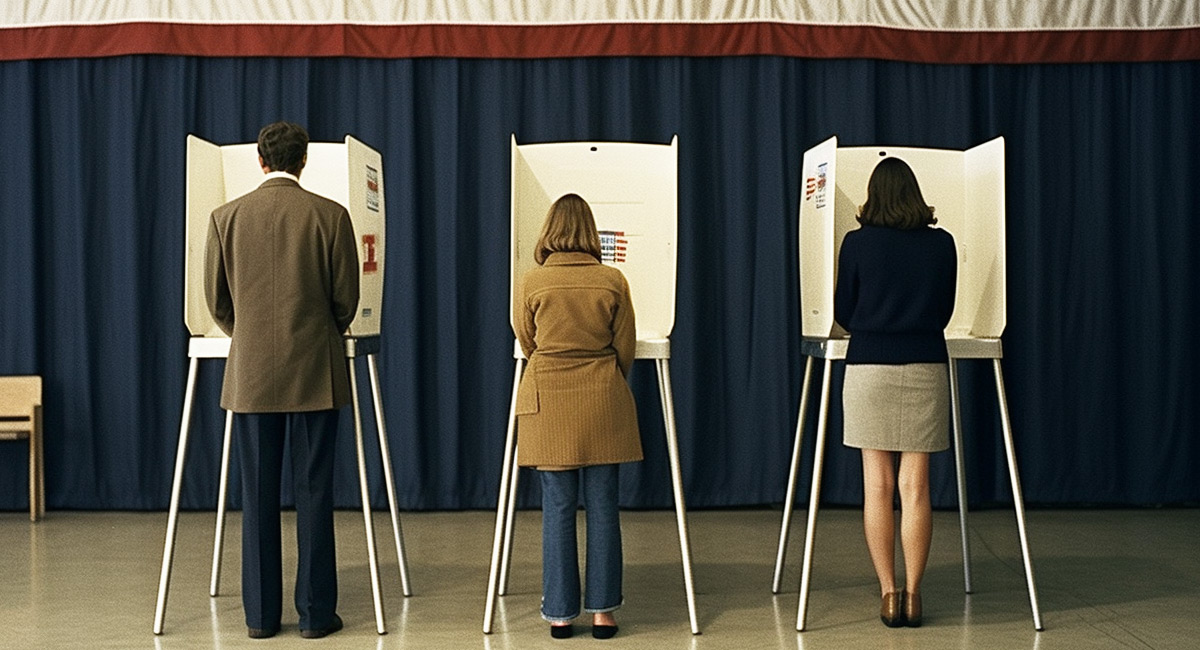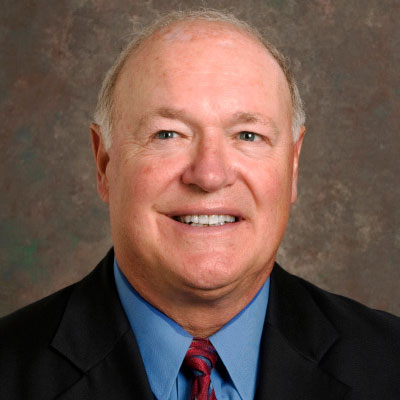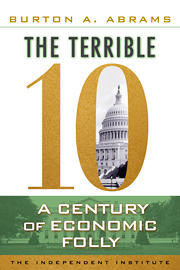Elections matter. But just as important is the quality of the electorate. One of my long-time and wise colleagues who has passed on, Professor Bertram Levin, some years ago pointed out to me the irony that a democracy can destroy itself by voting itself into communism. Chicago, a beautiful and once vibrant city, has proven the point. Brandon Johnson, the new mayor, is an avowed communist. His recent characterization of businesses as evil profit-mongers is sure to accelerate Chicago’s death spiral as businesses flee the city. Johnson should not be blamed; the electorate should.
The quality of the electorate can have profound effects on society. Argentina, one of the highest-income countries in the world in 1900, changed its voting rules early in the 20th century. The new voters had grandiose progressive ideas to redistribute wealth. Argentina became a third-world country and continues to suffer today.
Many democracies in the 20th century extended the franchise to women, making their societies more inclusive and kinder, gentler nations. So changes in voting can have good as well as bad effects on a nation’s well-being.
The latest attempts to expand the electorate, both here and abroad, are proposals to lower the voting age. This raises the question concerning the optimal age. Recently, youths have received negative press from looting and shooting in major cities. Mass shootings are now commonplace among people 21 or younger. Most recently, on April 15, 2023, in Dadeville, Alabama, a 16- and a 17-year-old shot up a “sweet sixteen” party, leaving four dead and 32 others injured.
Chicago saw mayhem in its downtown on the same day, with hundreds of teens running amok, destroying property and injuring people. Two victims were shot in the mêlée. Chicago’s teenage gangs are responsible for hundreds of handgun murders and carjackings each year. Older brothers get their kid brothers to jack cars knowing that the law will do essentially nothing to minors. Chicago, by the way, has a strict ban on handguns.
According to the National Institute of Mental Health, “[t]he brain finishes developing and maturing in the mid-to-late 20s. The part of the brain behind the forehead, called the frontal cortex, is one of the last parts to mature. This area is responsible for skills like planning, prioritizing, and making good decisions.” Science and evidence point to raising the voting age, not lowering it.
Undaunted, U.S. rep. Grace Meng (D-N.Y.) on January 26, 2023, reintroduced her legislation to lower the voting age to 16. One of her primary rationales for this is that “16- and 17-year-olds are legally permitted to work, drive and they also pay taxes. They are contributing members of our society and I believe it is right and fair to allow them to vote in our elections.” I wonder if Rep. Meng would be so enthusiastic if the majority of the frontal-cortex-developing 16- and 17-year-olds were Republicans.
Nevertheless, she may be on to something regarding “contributing members of society” as a criterion for voting. Perhaps we could give 16- and 17-year-olds the vote if they had jobs and paid taxes. These criteria could also apply to potential voters of all ages. Please note that being on welfare, receiving Social Security, and prison incarceration do not count as jobs.
In 1971, the United States passed the 26th Amendment to the Constitution lowering the voting age from 21 to 18. Perhaps the most compelling argument was that many 18- to 21-year-olds were fighting and dying in Vietnam. Surely, if they were old enough to do that, the argument went, they were old enough to vote. In retrospect, the proper policy might have been to bar 18- to 21-year-olds from combat on the grounds that their brains were not fully developed. This might have changed the calculation of entering a ground war in Vietnam and spared many lives, both American and Vietnamese.
How is it possible that Chicago, a city in a death spiral, can elect a person who will only drive the city lower? Democracy is only as good as its voters, and it is in danger. Rather than discussing lowering the voting age, it would be best to discuss how we might improve the literacy, knowledge, and wisdom of our existing voters.









